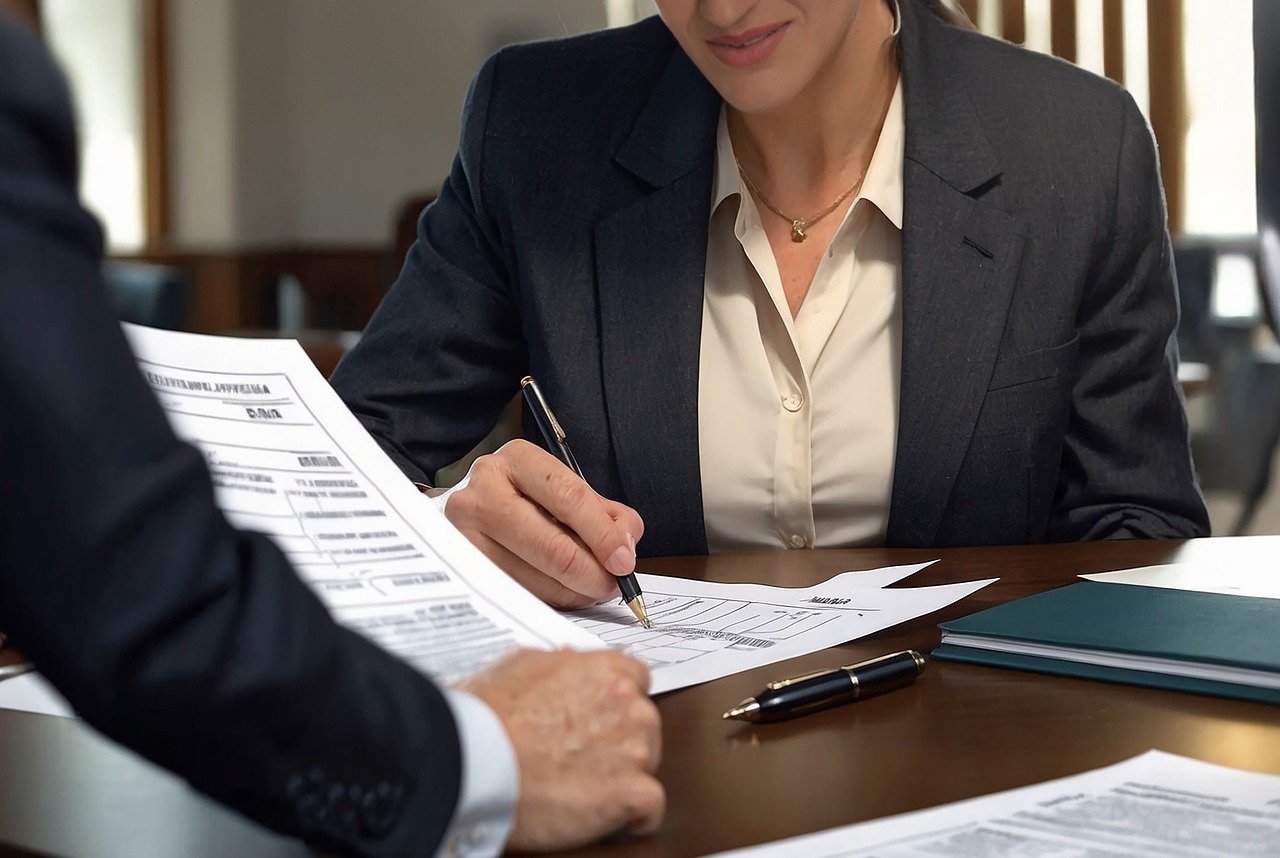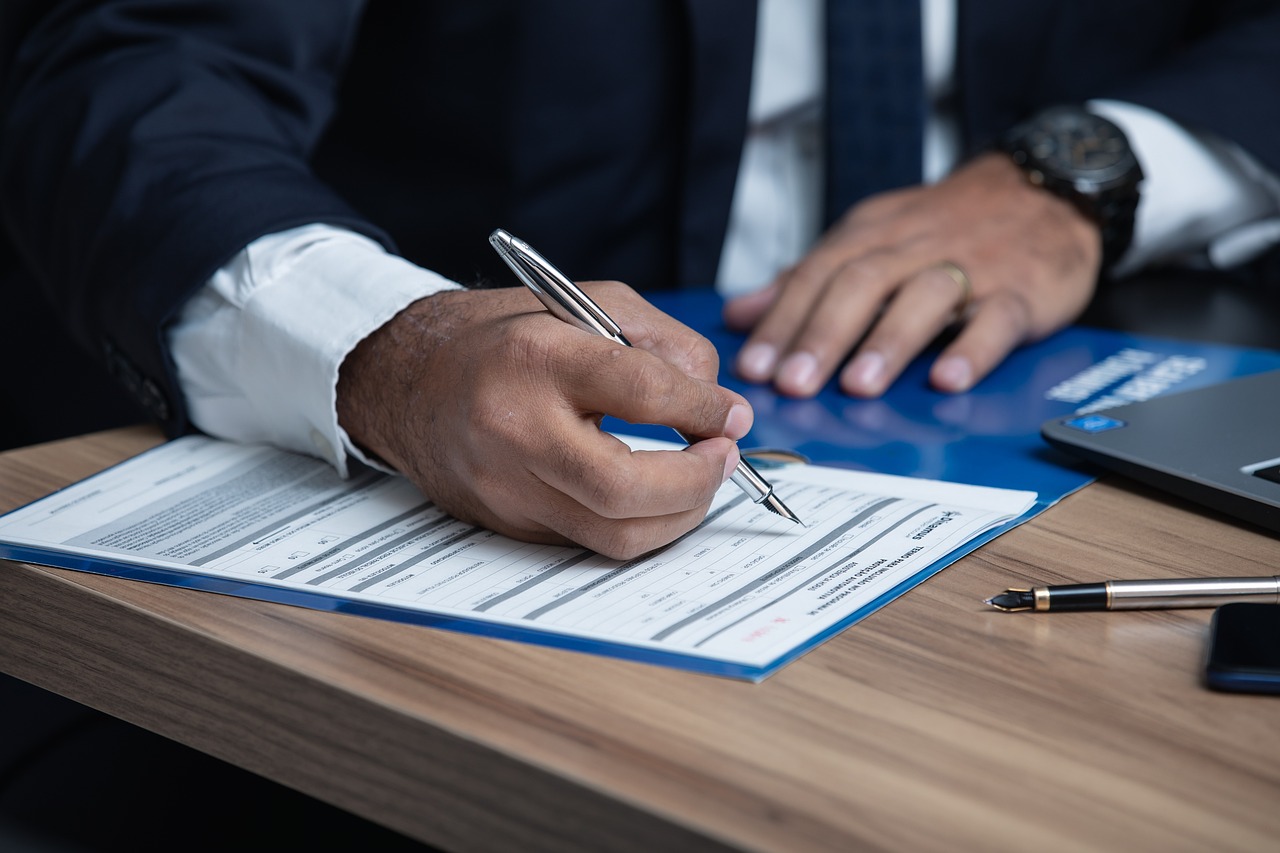
A complete guide to buying a home
Make sure you choose a licensed real estate agent. This will ensure that they are operating legally and have the necessary skills and knowledge to sell your property and So how do you get started with the selling process? From getting your home valued to choosing the right estate agent, here’s how it’s done.
1Value the property of the current market
Knowing the value of the property is definitely going to help. A property valuation is an assessment of property’s value, based on the location, condition and multiple other factors. The valuation will be carried out in person by a professional Estate surveyor and Valuer who will take notes and photographs.

2Research who is selling
Who is the owner of the property?
This is crucial to know because it establishes who has the legal right to sell the property. The owner could be an individual, a corporation, or even a government entity.
Who is selling the property? Is it the owner, the owner's family member, or someone else?
This question helps clarify the relationship between the seller and the property owner. It ensures you understand whether the seller has the legal authority to act on behalf of the owner.
Whose name appears in the documents? Is it the current owner or the previous owner?
Examining the documents (such as the title deed) is essential to verify ownership. It confirms whether the person selling the property is indeed the current legal owner as recorded in official records. And ask the person if is truly selling the property ad why us selling or reason why is selling
What liabilities currently exist on the property?
Liabilities can include mortgages, liens, unpaid taxes, or pending legal issues. Knowing these helps assess the financial and legal obligations tied to the property before completing a transaction

3Involve your lawyer to coordinate the paperwork
Legal Ownership Verification: Your lawyer will verify that the seller is the legal owner of the property and has the right to sell it. This involves checking property records, titles, and any legal documents that establish ownership.
Reviewing Contracts and Agreements: Your lawyer will review the purchase agreement, making sure that all terms and conditions are fair and legally binding. They can also negotiate terms on your behalf if needed.
Handling Legal Documents: There are various legal documents involved in a home purchase, such as the deed, mortgage documents, title insurance, and more. Your lawyer will ensure these documents are properly drafted, reviewed, and executed.
Escrow and Closing: Your lawyer can oversee the closing process to ensure all necessary documents are signed and funds are transferred securely through escrow.
Addressing Legal Issues: If any legal issues arise during the purchase process, such as property liens or zoning problems, your lawyer will advise you on how to proceed.
Protecting Your Interests: Ultimately, your lawyer's role is to protect your legal interests throughout the home buying process, providing you with peace of mind.
By involving your lawyer early in the process, you can ensure that the paperwork is handled correctly and that your rights as a buyer are protected. This is especially important in real estate transactions to avoid any legal complications down the road.

4Make Payment and Collate the Right Documentation
Payment to the Seller: Ensure that the payment is made as per the agreed terms and conditions. It's advisable to use a secure method of payment, such as a bank transfer or cashier’s check, to ensure a clear record of the transaction.
Receipt of Payment: Obtain a receipt or acknowledgment from the seller confirming that they have received the full payment for the property. This receipt should include details such as the amount paid, date of payment, and parties involved.
Contract of Sale: The contract of sale is a crucial legal document that outlines the terms and conditions of the property transfer. Ensure you receive a copy signed by both parties (buyer and seller). The contract should include details such as the purchase price, property description, any contingencies, and the agreed-upon timeline for completion.
Building Plan: If applicable, obtain a copy of the building plan or any relevant architectural drawings that detail the layout and structure of the property. This is important for future reference and any potential renovations or modifications.
Original Documents: Request and collect the originals (or certified copies) of all relevant documents that the previous owner has in their possession. These documents may include the property title deed, survey reports, previous sale deeds, tax receipts, and any other legal documents related to the property.
Verification by Your Lawyer: Before finalizing the transaction, it's advisable to have your lawyer review all the documentation to ensure everything is in order and there are no legal issues or discrepancies.
Record Keeping: Keep all the documents safe and organized. These documents are essential for future reference, property tax purposes, and potential resale.
By following these steps, you can ensure that the payment for the property is properly documented and that you have all the necessary paperwork to establish your ownership rights legally. Involving your lawyer in the process helps mitigate risks and ensures a smooth transaction.


